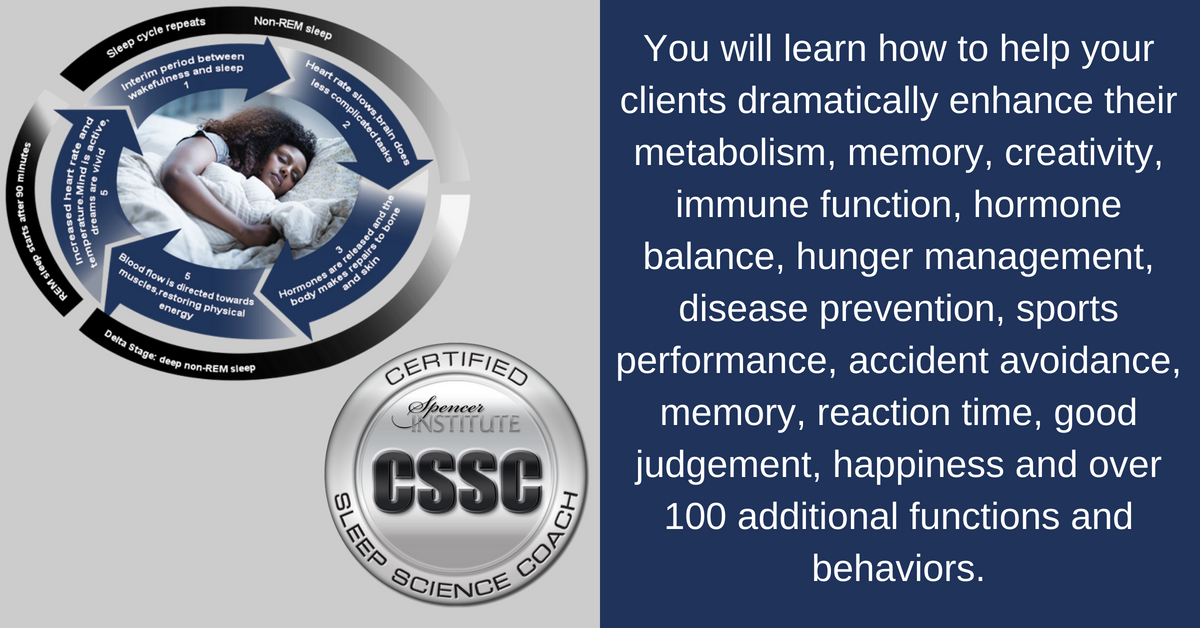In today’s fast-paced world, improving mental health and reducing stress is essential for overall well-being. Finding effective strategies can help you lead a more balanced and fulfilling life. Here are some practical tips to enhance your mental health and manage stress:

- Prioritize Self-Care: Self-care is crucial for maintaining mental health. Establish a daily routine that includes activities you enjoy, such as reading, taking a walk, or practicing a hobby. Allocating time for self-care helps recharge your mind and body, making it easier to handle stress.
- Practice Mindfulness and Meditation: Mindfulness and meditation are powerful tools for reducing stress. These practices help you stay present and manage anxiety by focusing on the here and now. Spend a few minutes each day practicing deep breathing or guided meditation to calm your mind.
- Exercise Regularly: Physical activity is not only good for your body but also benefits your mental health. Exercise releases endorphins, which are natural mood lifters. Aim for at least 30 minutes of moderate exercise most days of the week to boost your mood and energy levels.
- Maintain a Healthy Diet: Nutrition plays a significant role in mental health. Eating a balanced diet with plenty of fruits, vegetables, lean proteins, and whole grains can help stabilize your mood and energy levels. Avoid excessive caffeine and sugar, which can negatively impact your mental state.
- Seek Social Support: Connecting with others is vital for mental health. Reach out to friends, family, or support groups to share your thoughts and feelings. Social support provides comfort and perspective, helping you navigate through stressful situations.
- Set Realistic Goals: Setting and achieving small, manageable goals can enhance your sense of accomplishment and reduce stress. Break down larger tasks into smaller steps and celebrate your progress along the way.
- Get Adequate Sleep: Quality sleep is essential for mental health. Establish a regular sleep schedule and create a relaxing bedtime routine to improve sleep quality. Aim for 7-9 hours of sleep per night to help your body and mind recover from daily stressors.
- Consider Professional Help: If stress and mental health issues persist, seeking professional help can be beneficial. Therapists and counselors can provide guidance and support tailored to your needs. Platforms like net88 offer resources to help you connect with mental health professionals.
Incorporating these strategies into your daily life can help improve mental health and reduce stress. Remember, it’s important to be patient with yourself and seek support when needed. By taking proactive steps, you can enhance your overall well-being and lead a more fulfilling life.

Alissa Edwards a health blogger, but her words have the power to change your life. She is an avid reader and she loves nothing more than curling up with a good book. She always strives for perfection in everything she does, so it’s no surprise that she plans on becoming the next JK Rowling one day!













